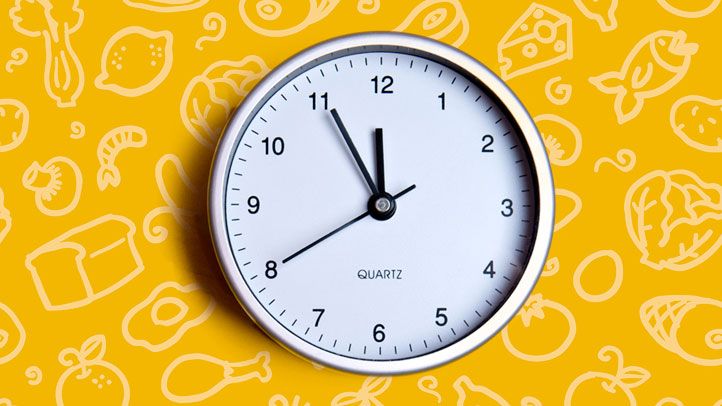Fasting is often associated with the avoidance of food or no food, although it is not the proper concept of fasting. Fasting means controlling our senses for a period of time from going to various subjects like food, sex, unnecessary talking, negative thought. We engage so much in these minor requirements of our body in our everyday life that we tend to overlook our true self or actual existence. We get an opportunity to reconsider what is more important in our lives by fasting.
Fasting in Ayurveda is part of Langhana. Ayurveda has explained several procedures that help to free from diseases, and langhana is one of Ayurveda ‘s six therapeutic procedures to get rid of the disease. One of the Langhanas is fasting. If a patient has an excessive accumulation of irregular pitta, kapha, rakta and mala, then he can go for langhana.
According to ayurveda langhana is not indicated In Alpa Bala (less strength) individuals, as langhana weakens tissues and muscles and shifts metabolism from glucose to fat.
Here we are going to talk about food fasting here or where we skip our normal diet routine and turn to an easy, light diet.
What are the various kinds of fasting?
If we pay attention to our beliefs, then fasting can be achieved in several ways. For everybody, it’s not the same its depends upon our individual body types. As per your convenience, you can choose the best type of fasting. The length and form of the fast can be calculated according to your convenience, such as …
- Your mental strength
- Your physical strength
- What is your Doshas type
But as per our recommendation to detoxify your body, a minimum of one day of fasting is required.
Different ways of fasting:
1. Fasting Fruits and Grains: You can fast for one day without any grains like wheat, rice, etc. These grains can be replaced with fruit and you can have grains the next day.
2. Milk Fasting: For one day, you can fast with only milk.
3. Water fasting: You can fast only on the water to detoxify your body for a day.
4. Skipping both breakfast and dinner: With one meal at lunch, you can fast for several days and skip all the extra snacks for the entire day.
5. No salt for a day: You can fast for one day by avoiding the salt.
6. Fruit fasting: You can fast only with the fruits for one day.
7. Fasting Vegetables: You can have vegetables all day long. You can prepare whatever vegetables you want and replace your daily routine on your breakfast, lunch, and dinner with this for one day.
8. Liquid fasting: For an entire day, you can have a liquid diet such as water, juice, milk, buttermilk, lemon water, coconut water, etc. By replacing the normal food habits.
9. Dry fruits fasting: You can have dry fruits fasting for one whole day. Dry fruits are good sources of instant energy.
Why fasting? and what are the health benefits of fasting?
Jatharagni is the name of our digestive fire that assists in food digestion. The stronger jatharagni increases our digestive capacity and metabolism. Strong jatharagni means strong immunity and ojas. Ojas is dependent on our food, our jatharagni, and mental well being, or our overall physical and mental strength.
Physical benefits of fasting
Detoxify our body and make digestion stronger
According to Ayurveda, in order to detox we are practicing these three things Regulate Agni, Remove Ama, Rebuild Ojas. For homeostasis, digestion is the main component.
Fasting does all of these things. The digestive system gets some rest by fasting and the cells repair themselves. By fasting, all of the dead and poisonous cells are eliminated. It manages the Jatharagni, getting it back to normal. The ‘Ama’ created in the body is can be eliminated by fasting.
Makes you smart and confident
As fasting teaches you how to manage yourself, it also makes you more confident and wise.
Fasting helps with weight loss
Fasting helps to quickly eliminate the extra kilos that you can not lose in your exercise routine. It’s all about getting the body to turn over to ketone or fat metabolism from glucose metabolism. Our normal 3-meal-a-day diet offers a steady source of fuel in the form of glucose for our body. However, after the glucose is used up, our body moves to use fatty acids and body ketones.
Make immune system stronger
Fasting helps the body replace the old and weakened cells, According to the researchers, particularly if the immune system has grown weak due to ageing. Fasting allows the immune system to regenerate, rebuild, and rejuvenate.
Rising metabolism
Fasting gives the digestive system to rest and improves the productivity of the body. The digestive system waste cells clear off and the efficiency of the cells promoting metabolism increased.
Who should avoid fasting?
Here are a few individuals who can stop fasting:
- An elderly person
- Kids below 14 years of age
- Patient with the Heart
- pregnant Ladies
- Blood pressure and diabetics patients
- Fasting can also be stopped by people with diseases under any medical supervision.
- Depressed and mentally weaken persons


Leave a Reply